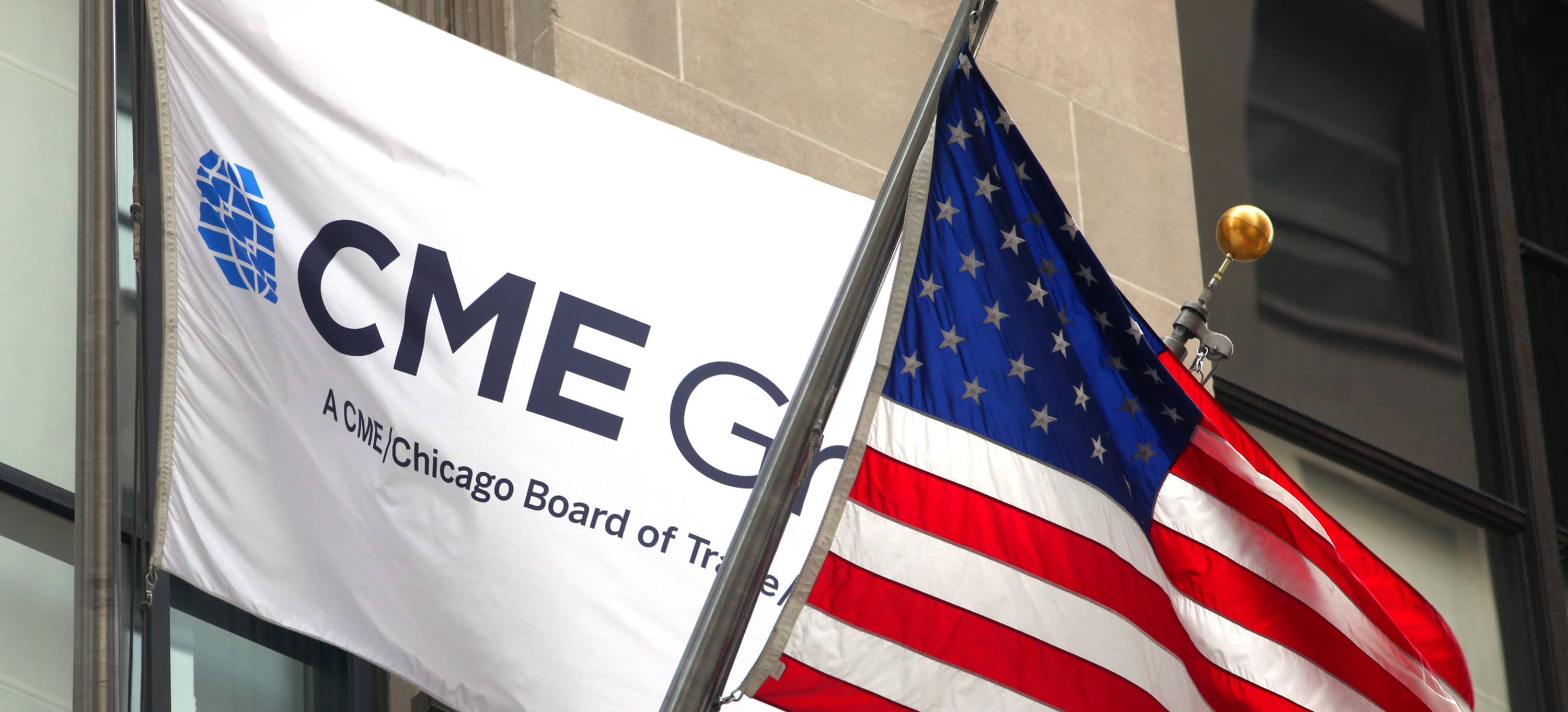The Tokyo Commodities Exchange reported a 5.1 percent monthly increase in its average daily trading volumes during November, at 100,810 contracts. Overall trading volumes were at 1.915 million, down from 2.014 million in October.
The exchange said that although its most active contract, Gold, was down by less than 1 percent in the period, to 28,790 contracts daily, the Gold Daily futures contract jumped significantly by 40.7 percent. Overall Gold trading volumes came in at 547,012, down from 609,836 in October.
Gold Daily Hits Record Volumes
This is the best performance of the contract since launched in March this year, averaging 15,878 trades a day. The exchange noted that the Gold Daily contract is particularly appealing to retail investors because of the lack of an expiration date. The total amount of trades in this contract reached 301,685, the third-largest figure after Gold and Crude Oil.
Crude oil trades during the reporting month totaled 337,936, up from the 317,774 contracts traded during October. The daily average for the commodity was 17,786, up 17.5 percent from October.
Open interest at the end of the month stood at 412,542 contracts, up by 16,099 contracts from October.
Pending Fed Rate Hike Presses down Gold, Platinum
The bourse noted that in terms of commodities by type gold and platinum were the biggest losers price-wise, as the US Federal Reserve gears up for an interest rate hike before the end of the year. There is little upside potential for gold, especially with the metal about to register its third consecutive annual decline.
Oil experienced a short temporary rebound following the terrorist attacks in Paris, but overall the month was bad for crude, especially after today’s meeting in Vienna where OPEC agreed to continue with its policy of pumping more than its ceiling of 30 million barrels daily to maintain market share.

















